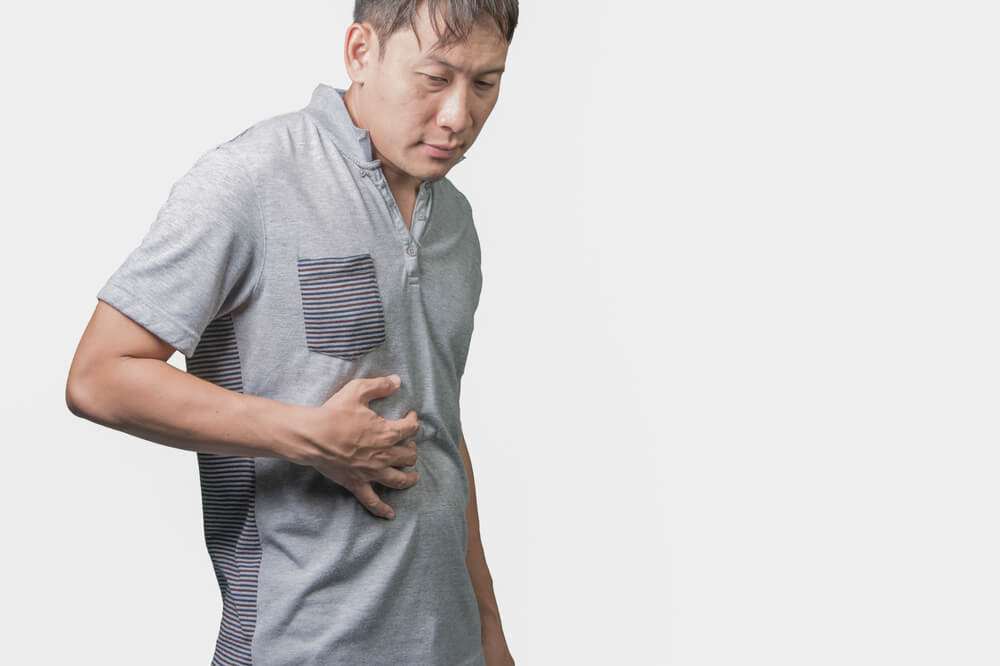Drug induced liver disease is a disorder of the liver that is caused by over-the-counter-medications, doctor-prescribed medications, herbs, hormones, environmental toxins, vitamins, and recreational drugs. When the drugs harm the liver and interrupt its normal function, abnormal blood tests and liver disease symptoms may arise.
Moreover, the drug induced liver disease abnormalities are most likely similar to liver diseases caused by immunologic illnesses and viruses. For instance, inflammation of the liver cells or drug-induced hepatitis is the same with viral hepatitis; they both cause an increase in blood levels of (ALT) or alanine aminotransferase and (AST) or aspartate aminotransferase.


